Race to save Test as India baulks at quarantine
The future of the fourth Test in Brisbane hangs in the balance, with the Indian cricket team objecting to being quarantined in their hotel rooms.
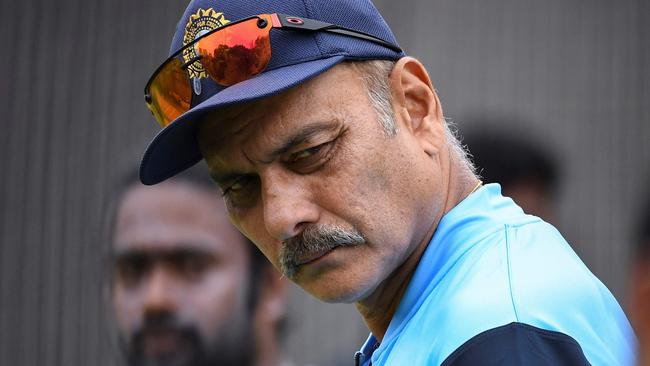
The future of the fourth Test in Brisbane hangs in the balance, with the Indian cricket team objecting to being quarantined in their rooms when they are not playing and the Queensland government flagging a compromise of allowing them freedom of movement in their hotel.
The latest chaos in an uncertain summer came as Sydney signalled its plans to have a crowd of 20,000 at the SCG for Thursday’s third Test were not guaranteed given the city’s latest COVID-19 outbreak.
Brisbane’s Test was thrown into doubt on Sunday when senior Indian sources told The Australian there was no way they would accept harsh quarantine restrictions in Brisbane.
Queensland Chief Health Officer Jeannette Young said the state would not move from its position on compulsory quarantine. She said Cricket Australia was responsible for communication with the visiting team and no exceptions would be made.
“We can‘t (offer leeway),” Dr Young said.
“No different from anyone else, if they are coming from a declared hotspot they will have to quarantine.
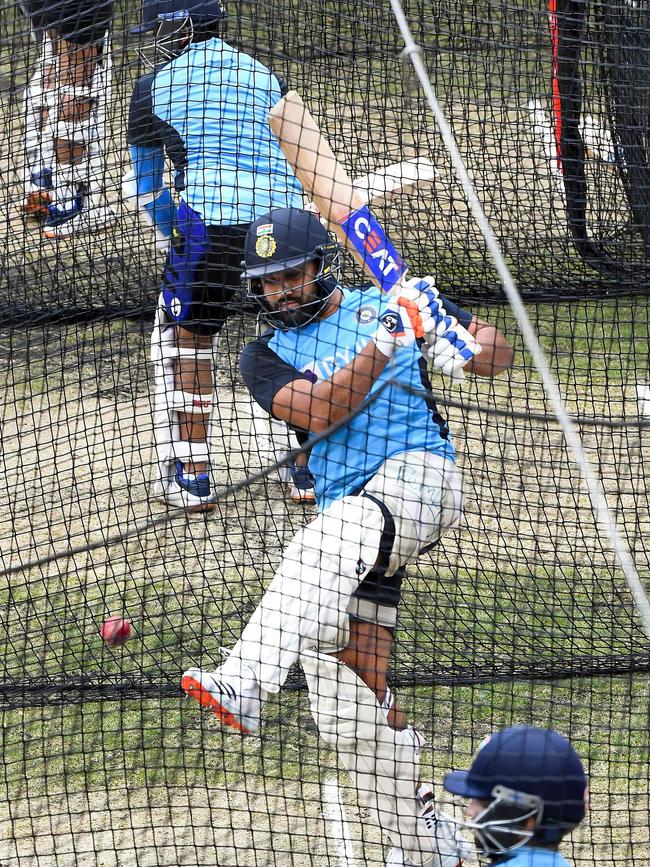
“That is a discussion Cricket Australia will need to have with the players.”
However, a proposal has been put forward to confine cricketers and officials travelling from Sydney to a hotel on arrival. While they would be allowed to mingle outside of their rooms in “bubbles”, they would only be allowed to leave the hotel to play and train.
“They are going to be training and playing with colleagues for the matches, so they are going to have exposure there,” Dr Young said. “So it doesn’t concern me if they have exposure with one another in the hotel.”
Sydney, meanwhile, was sounding less confident about its decision to allow 20,000 people to attend the SCG on Thursday in the middle of a significant outbreak.
NSW Deputy Premier John Barilaro hinted that the decision on the size of the crowd — while other businesses and members of the public face restrictions — was not guaranteed.
Wet weather, which increases the risk of aerial transmission, is forecast for the match.
“There are some concerns about the SCG and the upcoming Test that (NSW) Health is working with those organisers,” Mr Barilaro said on Sunday. “We’ve got to deal with some issues around wet weather, if that was to apply over the few days.”
The Deputy Premier advised people from Cumberland Shire to reconsider whether they attend the Test match.
“(NSW Health) is working with the SCG and the Cricket Australia and organisers to make sure that when the next Test is played in Sydney it’s done in a safe way,” Mr Barilaro said. “We protect those patrons, we protect the community.
“We have already proven in this state that we can hold large events like the NRL grand final and State of Origin, and we haven’t had that issue of a transmission.”
The Indian team, which, like the Australians, had been in a series of biosecurity bubbles for months, had only reluctantly accepted a two-week quarantine period at the beginning of the series when it wished for just seven days.
Being in the bubble has been trying and emotional. India’s Mohammed Siraj, who made his debut at the MCG last week, chose to stay in Australia when his father died as he would have been unable to return and clear quarantine in time to play the Tests.
Steve Smith was separated from his wife for more than 120 days and most players have been unable to spend any significant time with partners or children.
Queensland, WA and South Australia slammed their borders shut on the Australian and Indian players — who had already been in quarantine and isolation in the UAE for the IPL — forcing NSW to bail out the tour in October.
The limited overs matches were shifted at the last minute to Sydney after the government there arranged for the two teams to quarantine and train at Olympic Park for two weeks before playing.

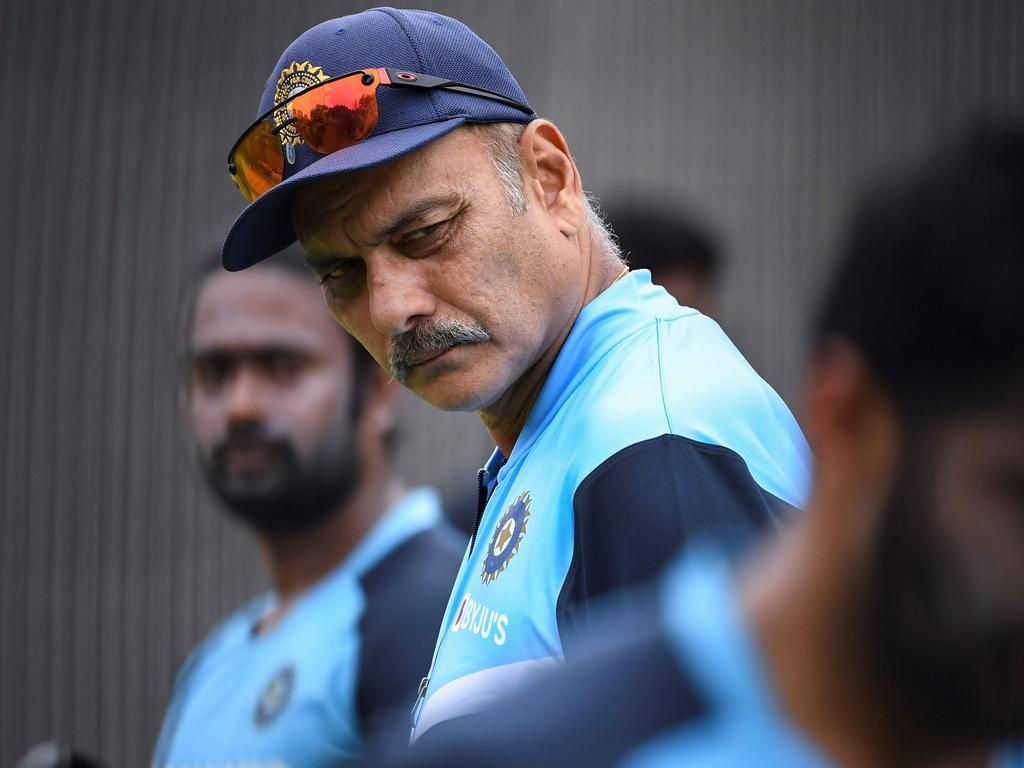
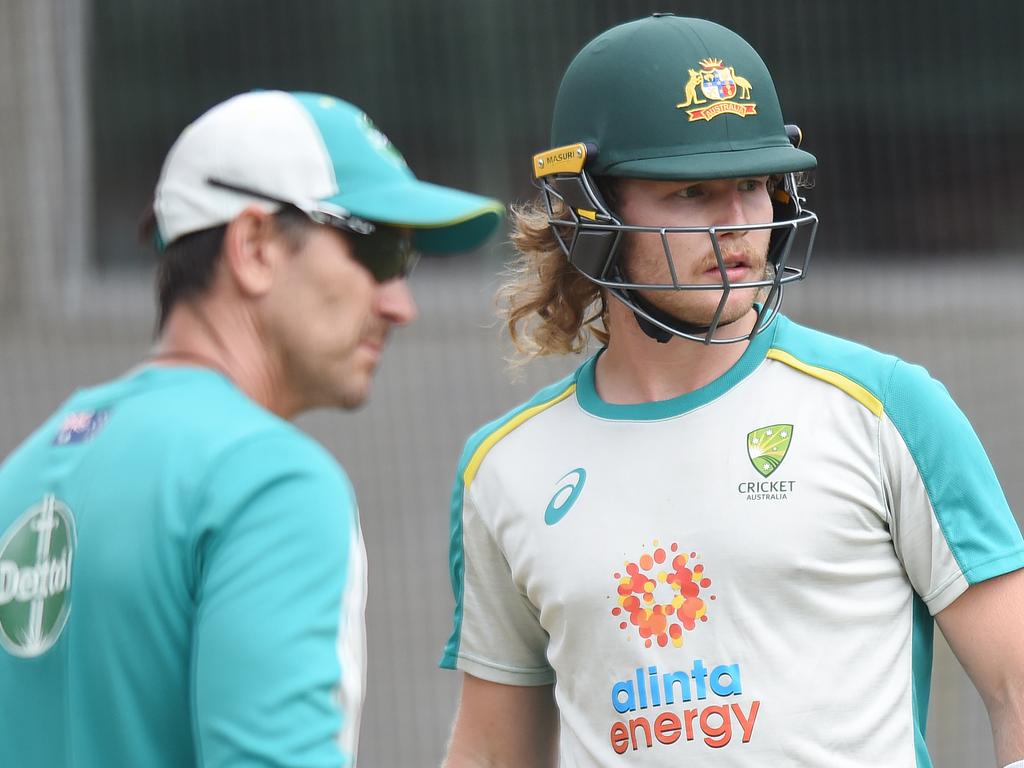

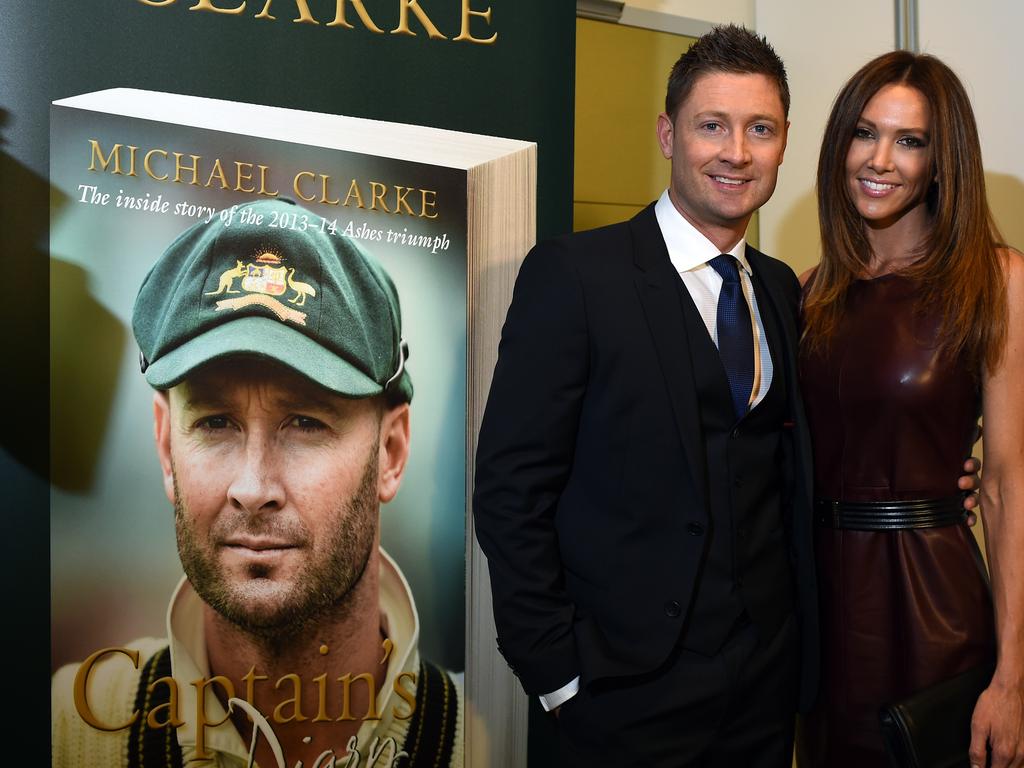


To join the conversation, please log in. Don't have an account? Register
Join the conversation, you are commenting as Logout